By Brenda Purdy
Is New Brunswick ready for this experienced film editor and novelist? Yes. If you want to work with an intelligent, insightful person who is prepared to dive into the next phase of their 20-year film career, you will find Alison writing their second novel in one of the cafes in Fredericton.
“I am hoping to shift to interesting projects, dramatic, independent, or documentary editing and filmmaking in the future.” Alison.
I met Alison at the Picaroons Roundtable for an interview and enjoyed their affable character and relaxing conversational skills. I was excited, whereas Alison was down to earth and made me feel like I was sitting with someone I had known for years. After reading their first novel, Aftershock, I wanted to know more about the author with a sense of humour, whose imagination created a story where the reader is bound to recognize themselves in the characters and/or relate to the contemporary themes.
[QUESTION] Alison, how would you describe your sense of humour, and how does it imbue your work?
“My sense of humour is very dark and dry; it informs my writing and how I interact with the world. I love a good melancholic film or book, but humour makes everything accessible. What’s the point if you can’t laugh at anything?”
One of the themes in the novel is climate change which mirrors the realities and complexities of the 20th century’s stand-off against the destruction of our planet. Alison is passionate about climate change and infuses it into their novel in a Hemmingway style by making it symbolic. When I read the book, I found it to be a metaphor for the internal struggles of the main character’s somewhat “polluted” life of drugs and alcohol. Alison describes it as “a metaphor for their main character, Jules’ inability to cope with her emotions.” Ironically, Alison saw prescription drug use as “just a whisper” when writing the novel before it became a societal crisis. Their curiosity wanted to take that nugget of people’s attempt to self-medicate and stretch it into the development of the character Jules. In a dramatic and funny story, Alison churned out a main character in deep conflict with herself, her family, and in general with her will to keep living.
What made the novel a page-turner and thought-provoking was Alison’s talent for creating rich, well-developed characters who were not only believable but continued to tantalize the reader into forming a deeper relationship with their struggles. I connected spiritually with Chloe. I wanted more of her dry wit, like the comment she used to describe her half-sister after eating chocolate ice cream, “She looked like a zombie who’d feasted on someone’s chocolate throat.” Alison explained, “In life, as well as in the characters in the novel, conflict informs the characters, enlightens the characters….I wanted to explore how conflict informed Jules and Chloe and how they would change into different human beings.”
Like many authors, Alison tugged on the strings of their own past experiences and tied them into the themes and characters in the book. They have hitchhiked across Europe and the Middle East during their 20s and faced the same reality as their character Chloe, who backpacks across New Zealand. Alison worked, volunteered, and unknowingly wound up in the Gaza Stripe in Israel after the Hebron Massacre, and just like the protagonist Chloe in Aftershock, they found out that the world isn’t always kind or predictable and not always safe.
Alison isn’t a novice nor a seasoned writer; they are somewhere in between, working on their second book while fending off their 60-70 pounds mischievous yet adorable boxer and three cats, plus collaborating with Tracey Lavigne on developing a number of projects.
I consider myself fortunate to have met Alison, and I encourage New Brunswick filmmakers get to know this talented and warm gem. I to look forward to their next novel with the working title Confessions of a Binge Drinker, which they describe as being “dark and hilarious.”


